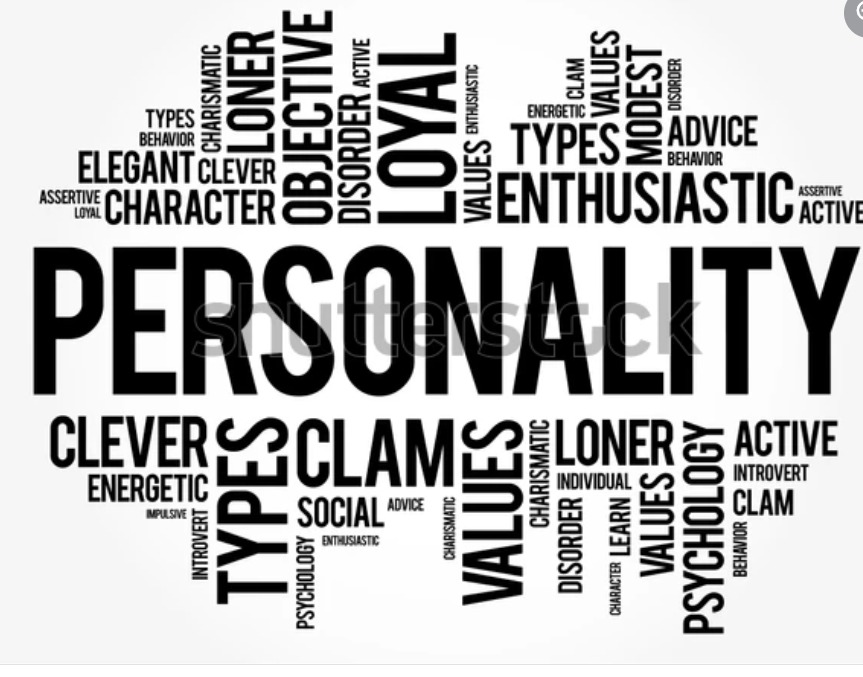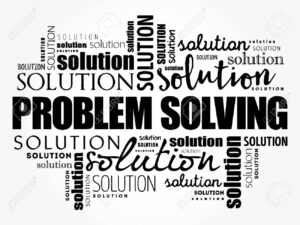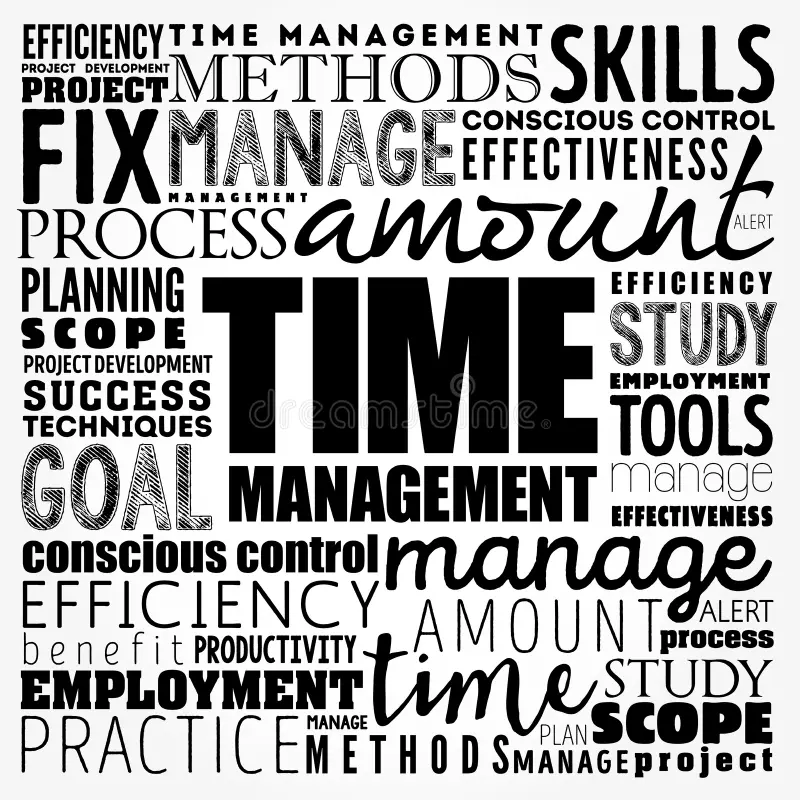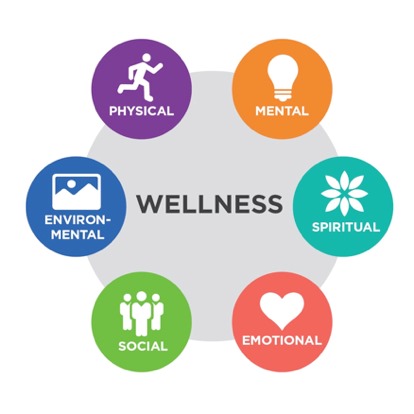SKILLS : COMMUNICATE WITH IMPACT,LEAD WITH INFLUENCE




INTERPERSONEL SKILLS
Interpersonal treatment in psychological therapy focuses on improving individuals’ relationships and communication skills. It involves exploring the dynamics of personal interactions, addressing conflicts, and enhancing empathy and assertiveness.
- Through a combination of techniques such as role-playing, active listening exercises, and conflict resolution strategies, individuals can develop a deeper understanding of their interpersonal patterns and work towards fostering healthier connections.
- Additionally, therapy provides a safe space for individuals to process emotions, express their needs, and learn effective ways to navigate social interactions.
- By promoting self-awareness and teaching valuable relationship skills, interpersonal treatment aims to improve the quality of individuals’ personal and professional relationships, leading to greater emotional well-being and satisfaction in social interactions.
PROBLEM SOLVING SKILLS
Problem solving skills are an integral part of psychological treatment, aiming to empower individuals to effectively navigate life’s challenges. Therapy focuses on enhancing cognitive and behavioral strategies, such as identifying and reframing negative thought patterns, developing resilience, and fostering a solution-focused mindset.
- Through structured exercises and cognitive-behavioral techniques, individuals learn to break down complex problems, set achievable goals, and apply systematic approaches to finding solutions.
- Moreover, therapy encourages the development of adaptive coping mechanisms and stress management techniques, promoting a sense of empowerment and self-efficacy in dealing with various life stressors.
- By honing problem-solving skills, individuals can cultivate a proactive and empowered mindset, leading to improved mental well-being and a greater capacity to manage and overcome obstacles in their lives.
TIME MANAGEMENT
Time management skills are vital components of psychological treatment, helping individuals better organize and prioritize their tasks and responsibilities. Therapy focuses on identifying and addressing underlying factors contributing to poor time management, such as procrastination, perfectionism, or difficulty with self-regulation.
- Individuals learn effective strategies for planning, setting goals, and creating schedules that facilitate productivity and reduce stress.
- Therapy also emphasizes the importance of self-reflection and identifying time-wasting habits or distractions, enabling individuals to make conscious choices about how to allocate their time.
- By improving time management skills, individuals can enhance their efficiency, reduce feelings of overwhelm, and achieve a better work-life balance.
- Ultimately, these skills empower individuals to make the most of their time, increase productivity, and experience a greater sense of control and fulfillment in their daily lives.
GOAL SETTINGS
Goal setting is a fundamental aspect of psychological treatment, as it helps individuals clarify their aspirations and work towards achieving meaningful outcomes. Therapy focuses on guiding individuals in setting specific, measurable, achievable, relevant, and time-bound (SMART) goals that are aligned with their values and aspirations.
- Through collaborative goal-setting exercises, individuals gain clarity on their priorities, motivations, and potential obstacles. Therapists provide support in breaking down larger goals into manageable steps, tracking progress, and adapting strategies as needed.
- Additionally, therapy encourages individuals to cultivate resilience, motivation, and self-efficacy in pursuing their goals. By setting clear and achievable goals in therapy, individuals can enhance their sense of purpose, self-confidence, and overall well-being as they navigate their personal growth journey.
